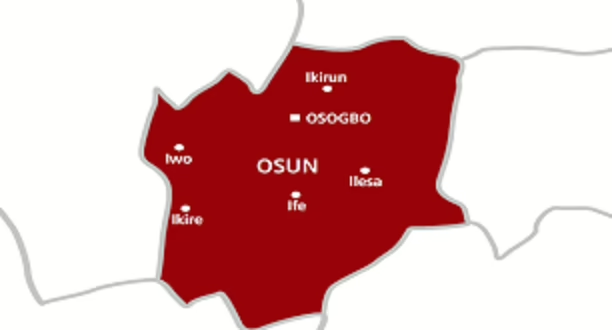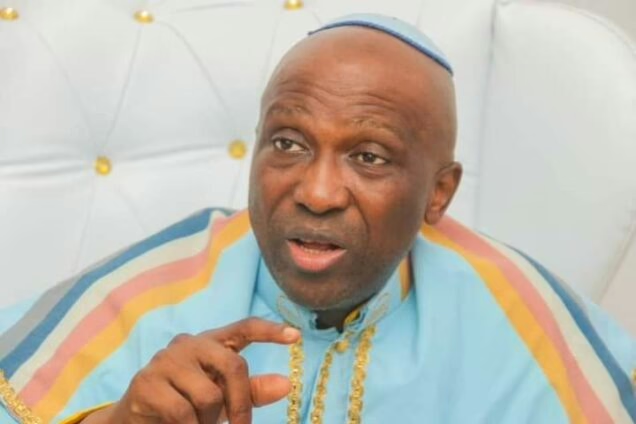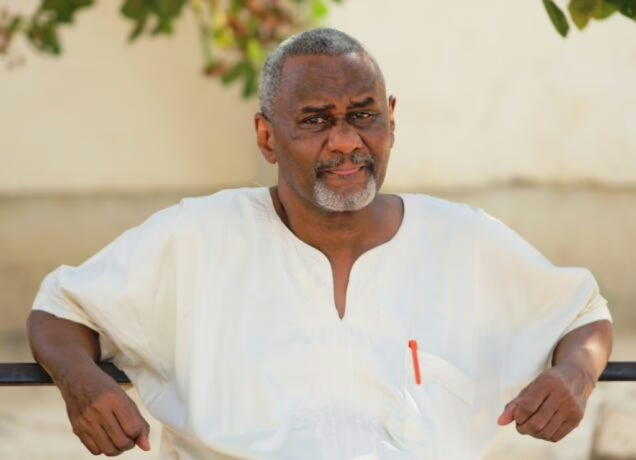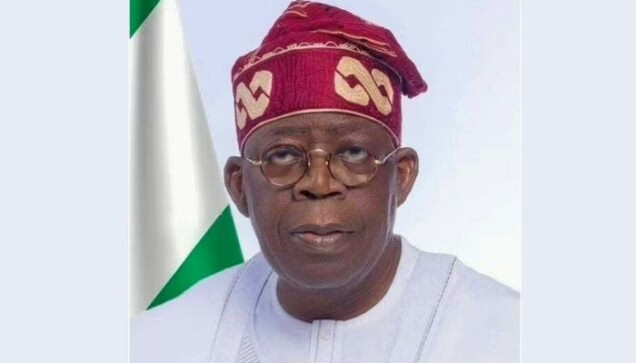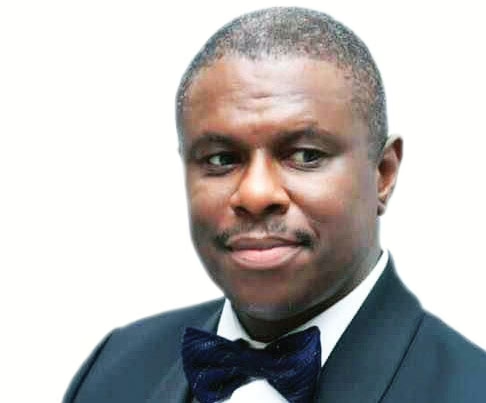“Learn from yesterday, live for today, hope for tomorrow. The important thing is not to stop questioning.”
—Albert Einstein
By Omoniyi Salaudeen
Every election usually comes with mouth-watering promises. The last presidential poll won by President Bola Ahmed Tinubu is no exception. His electioneering slogan, Renewed Hope agenda, is captivating, apt, and reassuring. It’s an elixir, a magical solution, for the seeming state of hopelessness the masses of the people of this country have found themselves in. It promised to bring soothing relief for the vicious circle of poverty, absolute powerlessness, and the glaring evidence of despondency. No money, no food, no security, no dignity. That in summary is the legacy of economic trauma the administration of his immediate predecessor, former President Muhammadu Buhari, bequeathed to Nigerians after an unbroken eight years in the saddle. The rest, as they say, is history.
In the wake of a new dawn, May 29 birthed the Renewed Hope agenda of the new government with cautious enthusiasm. Why Hope, some people have asked? Hope is the morale booster that nourishes the soul. Hope is being able to see that there is light despite the huge darkness. A man without hope is a dead man. This is the way it works. Negativity breeds negativity, while positive vibes have the power to indicate a new dawn and make all dreams come true. As long as the mind carries a firm belief in the occurrence of an event, all strength, and power will make it happen. Life is forever a battlefield. But hope can defeat pessimism. With persistence, and sustained effort, what seems hopeless failure may turn into glorious success. “Solutions to problems can never be as instant as coffee. But we must certainly be there. We can endure this for a moment. What we are going through today is for a better tomorrow. Nations are great because citizens have hope. They have hope that tomorrow will be better than today,” Tinubu said.
And that has been the message his handlers have been preaching to Nigerians even as his new regime of subsidy removal, unified foreign exchange rate policy, and aggressive tax drive continues to take its toll on the ordinary citizen. Whatever may be the long-term benefits of his so-called bold and courageous policy direction, in the immediate short term, all available evidence has shown that more and more Nigerians are being dragged into poverty with excruciating pains of the untamed food inflation, high cost of doing business, as well as foreign exchange volatility.
Recently, a former governor of Edo State, now a Senator, representing Edo North Senatorial District, Adams Oshiomhole, went beyond the call of duty, saying that President Tinubu‘s government inherited a terrible economic situation. He made this submission while chatting with journalists shortly after meeting with the Vice President, Senator Kashim Shettima, behind closed doors at the Presidential Villa, Abuja. According to him, some of the decisions taken by the current administration are the first step towards revamping the economy, arguing that the president had shown courage and determination to stop the corruption of the subsidy regime and in the Central Bank of Nigeria (CBN) while appealing to Nigerians to be patient.
With this declaration, Oshiomhole has inadvertently assumed the role of the government’s spokesperson. In doing so, he’s crossed the line of his responsibility as a lawmaker defending the policy of the government. This is, however, understandable in view of his former position as the national chairman of the ruling All Progressives Congress (APC), and more importantly as an enthusiast of President Tinubu.
All through the electioneering period, Oshiomhole was conspicuously present among the teeming crowd of Tinubu’s supporters. As expected, promises have been made. And elections are over. Now is the time for real governance. Pursuant to the new regime of subsidy removal, the Federal Government has been making more money. More than ever before, states and local governments have had their fair share of revenue allocation from the federation account since the new regime of reform initiative started some months back. But amid the oceanic plentitude of money, life is increasingly becoming difficult for people to bear due to the rising inflation and the dwindling value of the naira. According to the World Bank, subsidy reforms could push seven million more Nigerians into poverty.
In challenging times like these, it is not out of place for a public figure like Oshiomhole to plead on behalf of the government for patience and understanding. This is even more so as one of the leading stalwarts in the ruling party. But beyond party consideration and as a lawmaker, who is supposed to be apolitical in matters of good governance, there are issues that need proper interrogation.
It is true that a lot of economic experts have spoken glowingly about the benefits of subsidy removal and the unification of the multiple exchange rates policy. Many public affairs analysts, international financial institutions like the World Bank, IMF, and African Development Bank, among others, have applauded these major economic reforms and the boldness with which the president declared his determination to pursue the full implementation.
But it is a sublime irony that the new policy initiative is taking the best out of Nigerians in terms of the hardship and uncertainty that lie ahead. Oshiomhole needs to speak to this paradox rather than seeking blanket support for the government on matters that affect the wellbeing of the people.
Certainly, there are deep structural issues to be addressed before Nigeria’s economy can deliver prosperity for Nigerians. Good as the intention of the government is presumed to be, the reforms cannot be implemented at the cost of citizens’ wellbeing because people are the means and end of development.
Granted that a good number of benefits have been cited as advantages of the reform policy, these have remained largely theoretical postulations. There is no concrete evidence that things would get better any time soon. For the ordinary man, the Renewed Hope agenda is illusory. It is no longer news that Tinubu inherited a sputtering economy with a total public debt of about N77 trillion. The recklessness of the Central Bank of Nigeria (CBN) under the suspended governor, Godwin Emefiele, and the undisciplined lending to the Federal Government have arguably contributed to high inflation rates – 22.41 per cent as of May. These pressures, coupled with the insecurity, have also contributed to higher food prices with 63 per cent of the populace living in multi-dimensional poverty. This has been further accentuated by higher global oil prices that hurt rather than help the economy.
It has been argued that ‘trade the naira freely’ at rates determined by demand and supply could free up the resources the CBN had used to ‘defend’ the naira, reduce the budget deficit, and attract more foreign investment. And, of course, increasing public revenue is crucial to improving public investment in healthcare, education, and business-enabling infrastructure. The steady rise in the cost of living in the face of the dwindling household disposable incomes cannot be left to the unseen hands of the market forces to determine. Similarly, an aggressive revenue-generation campaign seeking to extract more taxes from Nigerians without paying equal attention to widening the tax base could contribute to political instability.
The present government owes the enormous task of modulating these challenges, while also working to address the issue of productivity and diversification of its exports away from crude oil. It is quite commendable that the Federal Government has declared a state of emergency on food security, persistent insecurity that exacerbates the already difficult situation also needs to be looked into.
There have been predictions of a tough adjustment period for Nigerians as the country pushes through the new reform direction. Already, experts have predicted a positive signal to local financial markets and foreign investors. According to them, Nigeria’s stock market has jumped to its highest level in 15 years in anticipation of the exchange rate unification. The reforms have also made it onto global credit rating agencies’ radars. There is equally a strong belief that the regime of subsidy removal will help to reduce Nigeria’s borrowing, reduce the annual budget deficit and that the country may likely see some savings of about N6 to N7 trillion annually.
It also presents a good outlook for the future economy in terms of a reduction in the pressure on our foreign reserves instead of about $15 billion being currently spent on the importation of petroleum products. “If we continue with the subsidy, it has the potential to pull down the economy completely,” so they said. A report by Nigeria Extractive Industries Transparency Initiative showed that fuel subsidy payments have gulped N13.7 trillion in the country’s national budgets between 2005 and 2021. “If President Tinubu retains fuel subsidies, his administration will spend an estimated N14.01trillion within the next four years, which might hurt Nigeria’s fiscal outlook,” the report predicted.
No wonder he declared “no more subsidy” in his inauguration address. “The starting point might not be rosy, let me be very honest with you. “The oil subsidy has become an albatross around our necks. The multiple exchange rates system is a drain on the national economy and creates a dual economic system,” Tinubu said.
With sincerity of purpose, this may be the sacrifice Nigerians may have to make to get the economy out of the woods. But the suffering of the masses cannot continue endlessly, while the privileged few in the corridors of power are living in affluence, recklessly spending public funds for their own comfort at the detriment of the entire citizenry. This time around, there will be no excuse for failure. President Tinubu himself made an allusion to this on the eve of his inauguration, assuring Nigerians that he was ready for the challenges. “Don’t pity me, I asked for the job. I campaigned for it, no excuses. I will live up to the bill delivered. I promise you,” he declared.
How this promise will translate to the delivery of the dividends of democracy is at the heart of the matter the lawmakers in the National Assembly will have to interrogate as the new legislative session begins in earnest upon their resumption from the long recess. Oshiomhole should note this and play his role dispassionately along with his other colleagues in the discharge of their oversight functions. The issue at hand is beyond the promissory note. And time is of the essence.


